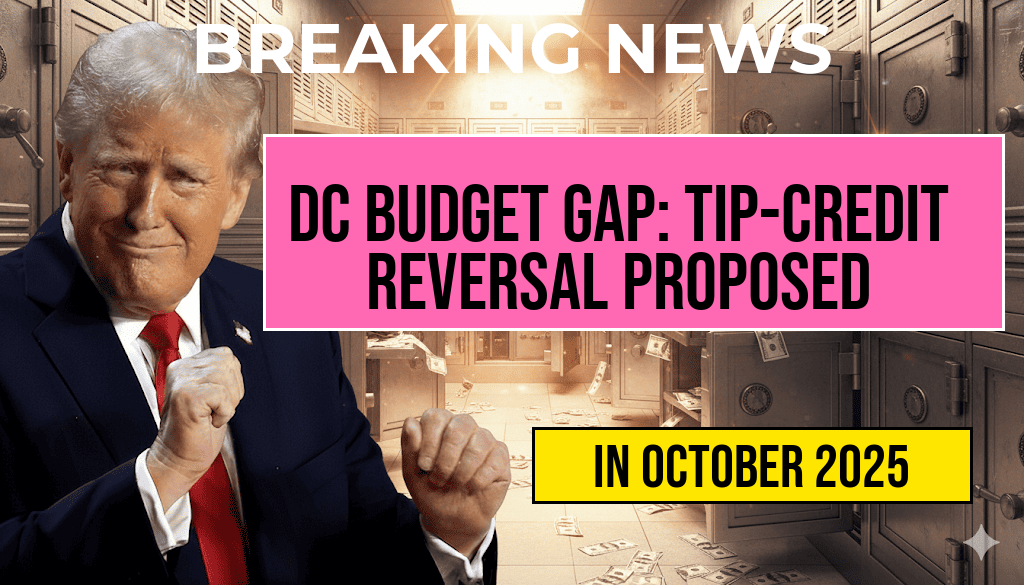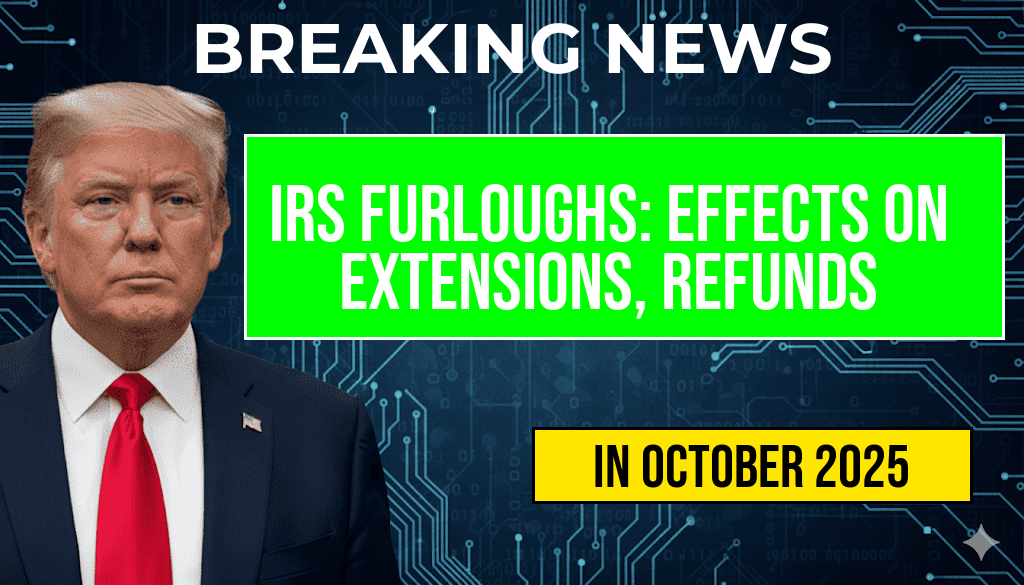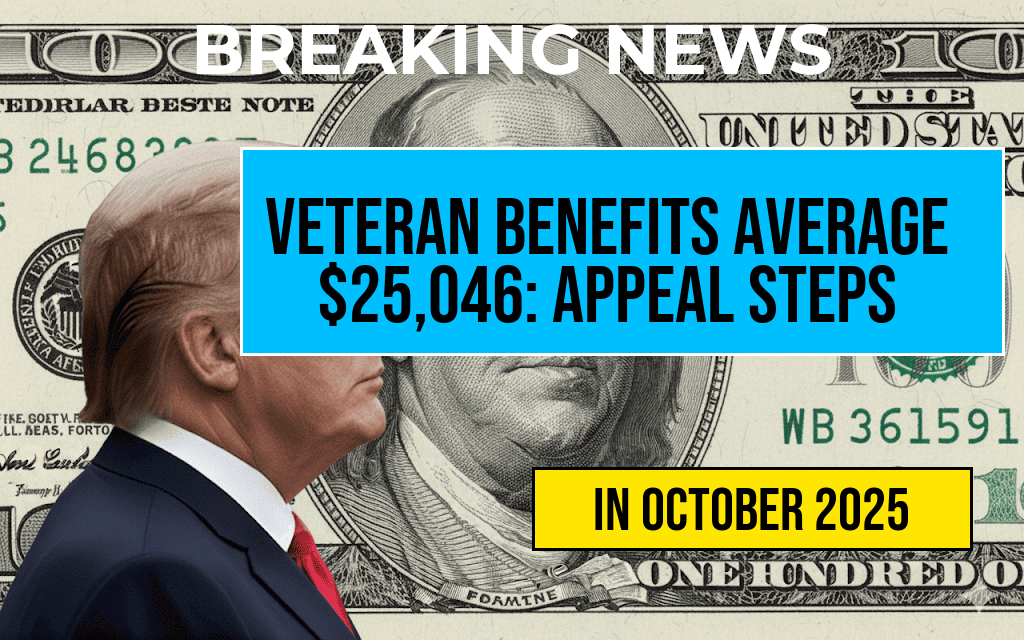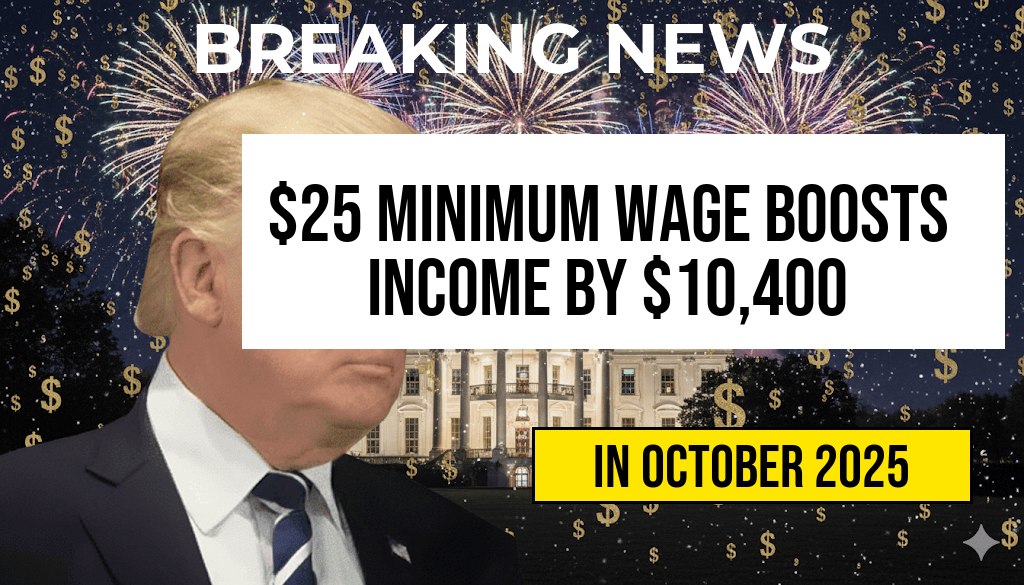The District of Columbia is grappling with a staggering $1 billion budget gap for the upcoming fiscal year, prompting city officials to explore various options to bridge the shortfall. Among the proposed solutions is a reversal of the tip credit, a policy that allows employers to pay tipped workers a lower base wage, with the expectation that tips will make up the difference. Advocates for this change argue that it will ensure a fairer wage for service workers, particularly in the hospitality sector, where many earn significantly below the minimum wage when tips are taken into account. However, this move has sparked a heated debate about its potential implications for the broader economy and the livelihoods of those who rely on tips as a substantial part of their income.
Understanding the Budget Shortfall
The anticipated budget gap has been attributed to various factors, including rising costs, decreased tax revenues, and ongoing economic challenges exacerbated by the COVID-19 pandemic. Mayor Muriel Bowser’s administration is under pressure to present a balanced budget while also addressing the needs of the city’s vulnerable populations.
The Tip Credit Explained
The tip credit allows employers to pay their tipped employees a lower hourly wage—currently set at $5.05—as long as their total earnings (including tips) meet the minimum wage threshold of $16.10 per hour. This policy has been a point of contention, with proponents arguing that it gives employers flexibility and encourages tipping, while critics claim it places an unfair burden on workers.
Proposed Reversal and Its Implications
Reversing the tip credit would mean that employers would have to pay their tipped workers the full minimum wage, without the ability to count tips towards this total. This change could result in higher labor costs for businesses, which may lead to increased menu prices, reduced hiring, or even layoffs in the hospitality sector. Here are some potential implications of this policy shift:
- Increased Wages for Workers: Service workers could see an immediate boost in their base pay, which advocates argue is long overdue.
- Higher Costs for Consumers: Restaurants and bars may increase prices to offset the higher wages, potentially leading to decreased customer traffic.
- Impact on Employment: Some businesses may struggle to maintain their current staffing levels, leading to job losses in the sector.
Reactions from Stakeholders
Reactions to the proposed reversal have been mixed. Labor groups and many workers have expressed strong support, emphasizing the need for fair wages in an industry that has long relied on tips as a primary income source. Conversely, industry representatives warn that the change could jeopardize the viability of many local businesses.
Support from Workers and Advocates
Supporters of the tip credit reversal argue that it is essential for the livelihoods of service workers. They point to studies indicating that relying on tips can lead to wage instability and discrimination. According to a report by the Forbes Human Resources Council, eliminating the tip credit may promote wage equity and enhance job security.
Concerns from Business Owners
On the other hand, business owners have expressed concerns that the reversal could lead to layoffs and higher prices for consumers. The Washington Post recently reported that many restaurants operate on thin margins, and increased labor costs could be unsustainable for some establishments, particularly those that are still recovering from pandemic-related losses.
Conclusion
The debate over the tip credit reversal highlights the broader challenges facing D.C.’s economy and the precarious balance between supporting workers and ensuring business viability. As the city moves forward with budget discussions, the implications of this policy change will be a crucial factor in shaping the economic landscape for both workers and employers in the nation’s capital.
Frequently Asked Questions
What is the current budget gap facing DC?
The DC budget is currently facing a significant $1 billion gap that requires immediate attention and solutions to balance.
What is the proposed solution to the budget gap?
A proposed solution to address the budget gap is the reversal of the tip credit, which would impact the wages of tipped workers across the district.
How does the tip-credit reversal affect tipped workers?
The tip-credit reversal would mean that the minimum wage for tipped workers could increase to a standard $10 wage, impacting their overall earnings structure.
What are the implications of a $10 tipped wage?
Implementing a $10 tipped wage could lead to increased earnings stability for workers, but it may also lead to higher costs for employers and potential changes in hiring practices.
How does the budget gap impact the local economy?
The $1 billion budget gap can have widespread effects on the local economy, potentially leading to cuts in public services and affecting the overall financial health of the DC community.








